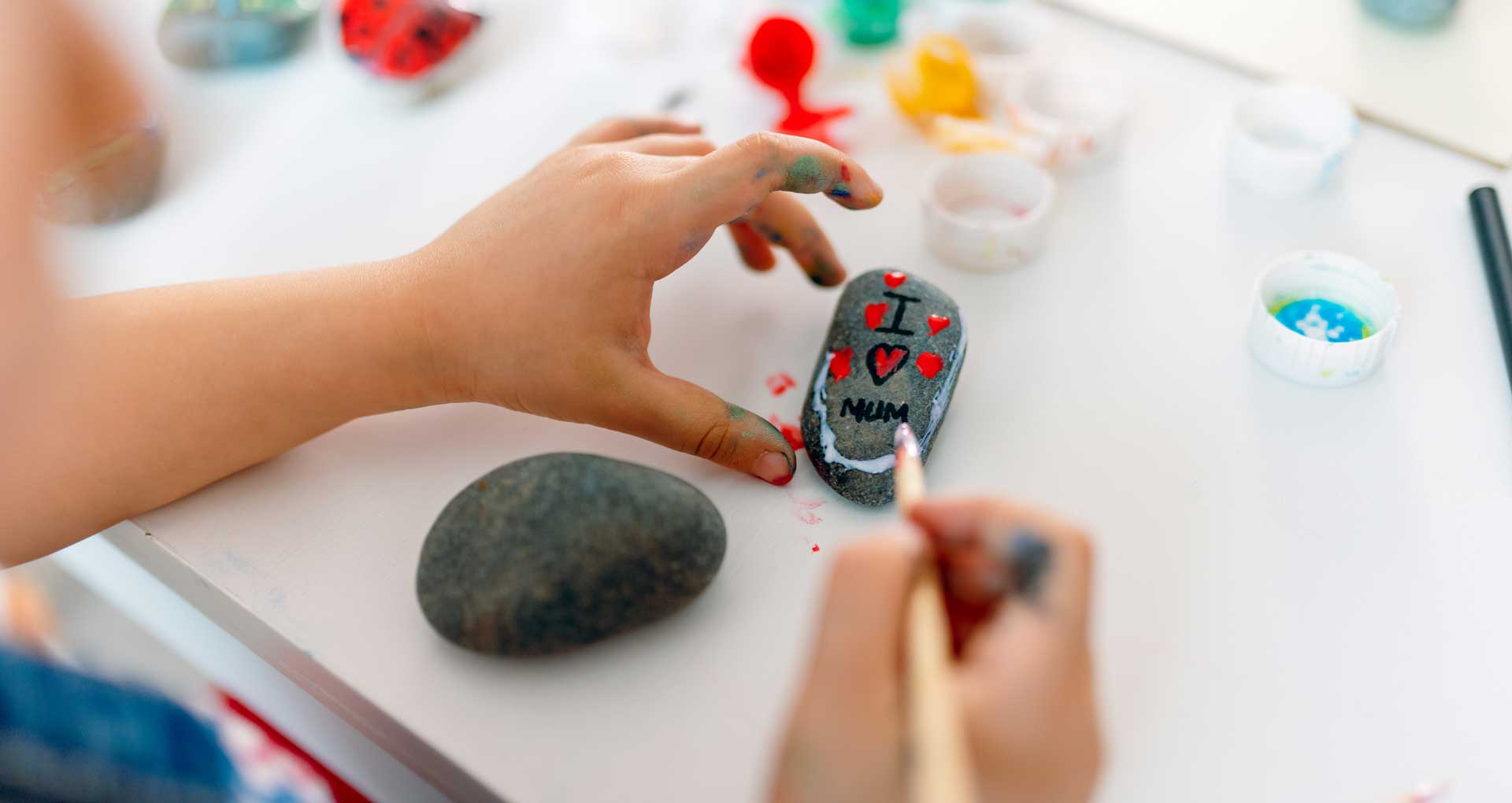Random Acts of Kindness - Encouraging Children to be Kind
Even from a young age, it’s good to teach children how important it is to be kind. Learning to be kind enables them to improve their social and communication skills, and it also helps them to develop their ability to sympathise and empathise with other people. All of this can help the development of their personality and character, both in nursery and school - ultimately helping them to improve their wellbeing and self-esteem.
Kindness doesn’t have to be big and extravagant; the smallest gesture can make someone’s day so much better. Share the concept with your child of how treating people the way you would like to be treated can make a lot of difference to someone. This supports their understanding that sometimes people have sad days, and we have the power to help them feel better. It’s all about the fact that being friendly and polite is the nicest way to be.
We’ve come up with a few ideas on how you and your children can get involved in Random Acts of Kindness. They’re all cheap and fun to do – but they could make a big difference!
Be Complimentary
This is something we could all do a little more, and the more that children see their parents do it the more likely they are to pick the habit up. Small compliments such as: ‘I like your shoes’ or ‘You make me laugh’ can improve someone’s mood instantly and can contribute to their confidence.
Donate Items to Charity
Make a donation to a food bank. Do this as an activity together with your child and let them choose the canned goods to donate.
Go through their toys with them and donate any unwanted ones to charity or places like the children’s ward at your local hospital or your local children’s refuge. This is a good way to teach children that what they no longer need or want someone else will be grateful for.
Make Something for Someone
Ask your child who has done something nice for them recently and what it was they did. Then help them create something for that person. It could be anything that they’d like, a card, picture or a poem. Whether it’s for a friend, a key worker or a family member – something handmade will mean so much and show that person that they are appreciated and cared for.
Call or Visit a Friend or Relative
If there’s someone you haven’t seen or spoken to in a while, make an effort to call or visit them if possible. Remembering them and taking the time to connect will make them feel appreciated and cared for.
Run an Errand
Ask if there’s anything you can do or get for someone in need, like an elderly neighbour, family member or friend. Often we don’t want to feel like a burden and ask others for help, but by reaching out you could really make a difference to someone’s day.
Ask How You Can Help
Talk to your child about the benefits of being kind and what this means to them. Instead of telling your children what you want them to do, ask them to suggest an act of kindness they can do - ask them what they would like to do to help you. They might say something like tidy their toys, or help you make lunch – these are all kind ideas so remember to praise them and show your appreciation.
Remember, children will learn by watching you - the best way to teach kindness is to model the behaviour yourself. Small acts will teach your children how easy it is to be kind and how good it can make others feel – something they will be able to take through life with them.
Scientific studies have shown that being kind can have many health benefits as well making a difference to someone else. So why not undertake a random act of kindness and enjoy seeing the smiles on people’s faces!
What random acts of kindness do you do? Let us know on our social media pages!




